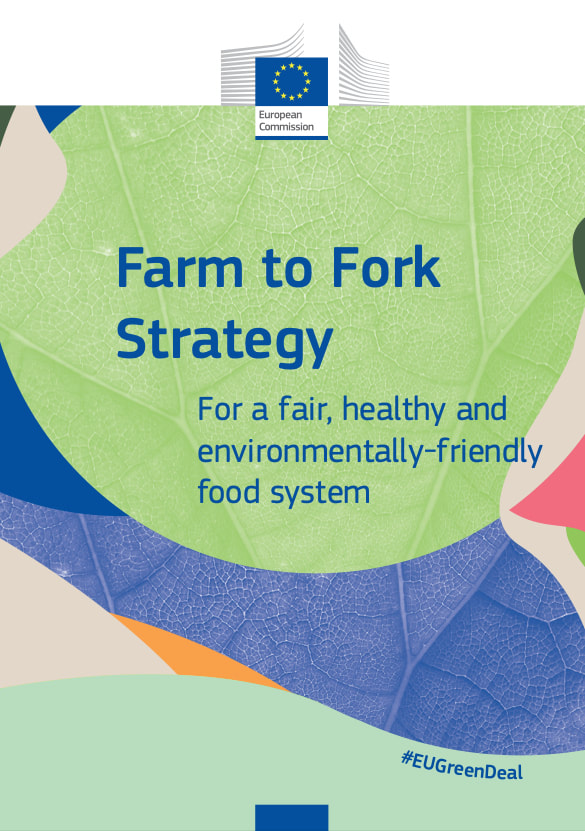Farm to Fork: the EU sustainable food system
|
In May 2020, the European Commission launched the Farm to Fork strategy, with the aim of making food systems fair, healthy and environmentally friendly. Food systems cannot be resilient to crises like the COVID-19 pandemic if they are not sustainable.
For this and other reasons, like climate change, the Commission considers necessary to redesign the food systems, which today represent almost a third of global GHG emissions, consume large quantities of natural resources, cause biodiversity loss and can have a negative impact on health(due to both under and overnourishment) and do not allow equitable economic returns and means of subsistence for all actors, in particular for primary producers. Putting food systems on a sustainable path also brings new opportunities for operators in the food value chain. New technologies and scientific breakthroughs, coupled with growing public awareness and demand for sustainable food, will benefit all stakeholders.
|
The Commission put forward a Communication in 2020 on a European strategy on "A Farm to Fork Strategy for a fair, healthy and environmentally-friendly food system".
The Farm to Fork legislation is currently under a consultation process:
1. Inception Impact Assessment
The Inception Impact Assessment (IIA) related to the Sustainable food system framework initiative was published for public feedback from 28 September 2021 until 26 October 2021. This feedback period aimed at offering all interested parties, including citizens, the possibility to contribute to the policy-making cycle. 230 contributions were received.
View the Inception Impact Assessment and the Feedback.
2. Open Public Consultation
An Open Public Consultation was published on 28 April 2022 and it is running until 21 July 2022. The aim of this public consultation is to gather opinions and evidence from the public and all relevant stakeholders (citizens, economic operators of all sizes, including SMEs and organisations representing them, consumer organisations, social partners, NGOs, public authorities at all governance levels, public purchasers, academia and research institutions, as well as any other interested stakeholder) on the key issues the initiative aims to address.
Meeting with stakeholders
The current EU Legislation on food information to consumers is dealing with clearer and harmonised presentation of allergens (e.g. soy, nuts, gluten, and lactose) for prepacked foods (emphasis by font, style or background colour) in the list of ingredients and mandatory allergen information for non-prepacked foods, including in restaurants and cafes. It also foresees certain nutrition information for the majority of prepacked processed foods, the mandatory origin information for fresh meat from pigs, sheep, goats and poultry and the same labelling requirements for online, distance selling or buying in a shop.


